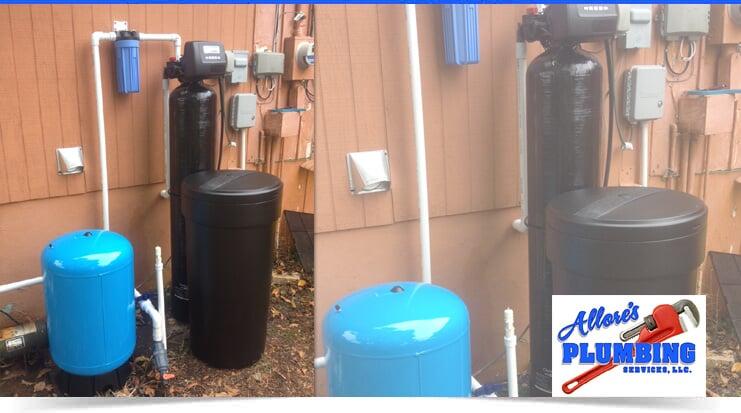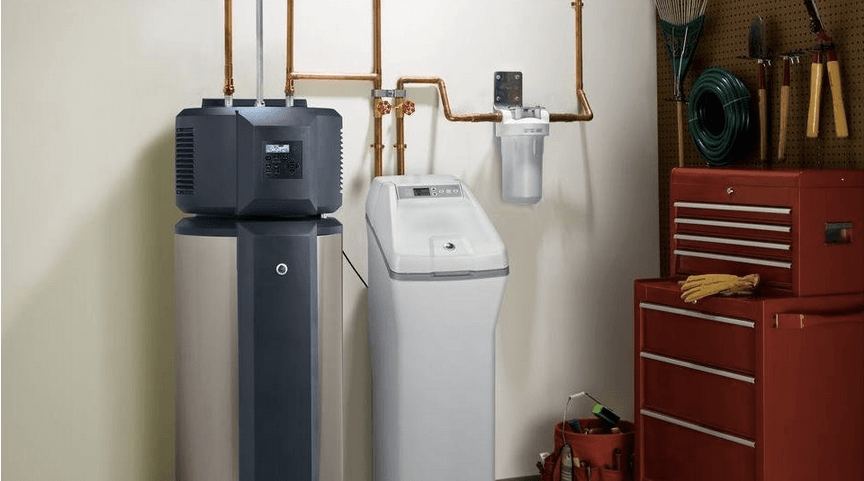SHOULD I USE A WATER SOFTENER WHEN I HAVE A SEPTIC SYSTEM?
Research studies on the partnership in between a water softener system review and also septic tank have gone as much back as the 70's, through organizations such as the National Cleanliness Foundation (NSF), Water Top Quality Association (WQA) and also Small Range Waste Administration Task (SSWMP) at the University of Wisconsin. Study shows that not just does an efficient, well operating water softener have no adverse result on septic systems yet the water softener has a prospective to aid it.
How a septic system functions.
Recognizing the parts of a septic tank is practical in order to comprehend any type of possible impacts your water softener could have on it. A conventional septic system contains a septic tank, a circulation box, as well as a drainfield, all connected by pipes. Wastewater travels with pipes from the home of the septic tank where the solids (sludge) go to the base of the tank as well as lighter product float to the top (residue layer). During the septic treatment procedure, both layers are partially broken down with the assistance of microorganisms that normally takes place in human waste. The sewage-disposal tank discharges water into a drainpipe area as more wastewater is released from the house.

How a water softener works.
Now that you understand the essentials of a septic tank, let's briefly discuss the water softener fundamentals in order to help you better comprehend the connection in between a septic system and a water softener.
Lowes Water Softeners of 2018 remove tough minerals from your water that may be creating build up in your pipes as well as devices, dry hair and also skin, discolored laundry, erratic glass wares, as well as much more family headaches. A lot of water softeners consist a media container, and also the salt water storage tank. The water softener's brine container shops salt as well as will include water as needed to dissolve the salt into the brine option.
Why a water softener could assist a septic system function much better.
One myth linked with a water softener as well as a septic system is that the salt in softened waste minimizes the effectiveness of the microorganisms your septic system requires. The University found that soft water could raise the biological performance in the septic tank. The appropriate amount of salt in the soft water help microbial growth, enhancing the septic therapy process.
Why an efficient water softener will certainly not interfere with a septic system.
One concern with water conditioners and also septic systems is that the amount and circulation price of the brine discharge could overflow a septic tank and back up the drain area. A research appointed in 2012 by the Water Quality Research Foundation, reported that brine discharge from well operated water softeners (50 gallons each regrowth) revealed no overflow.

Why it is it needed to have a high efficiency water softener.
The discussion of a water softener as well as a septic system is on-going in part due to very ineffective conditioners that continue to be in use. If the water softener is launching as well much salt and water, this might have an unfavorable impact on your septic system's function.
Where to look for efficient water softeners.
Water treatment professionals supply substantial value when it comes to finding the right water treatment for your house. Water softeners that are outfitted with W.E.T. (Water Efficient Technology) could also ensure a water softener is advantageous to your septic system.
Water-Right offers lots of solutions for each family, guarantying you will certainly locate the right treatment for your home water demands. If you have more inquiries on how a water softener may influence the function of your septic system contact your local supplier. For even more answers on other water softener myths, visit our "Myths About Water Softeners" page.
Suggested:
